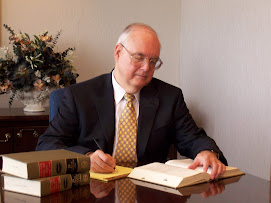In a recent court case, US v James Louis Guyton Jr., the executor of the estate was made liable to the IRS for the balance of the income taxes of the decedent for income earned prior to his death. The decedent had sold some property for a substantial gain prior to his death, using a portion of it to pay off mortgages, and put the balance in a joint checking account with his one son. He died shortly thereafter and his other son was named executor of the estate. Upon filing the decedent’s tax return for the year of his death there was a large tax liability of which the executor paid a portion and stated that the balance should be paid by the brother who had received the money in the joint bank account. The IRS said not necessarily. There is no obligation for them to go after the joint tenant for the money, and the executor of the estate is liable for the tax and may have a claim to go after the brother.
What this case means to any of your clients who have been appointed successor trustees or executors in an estate is that they must be sure that all legitimate debts, in particular any income taxes owed by the decedent, are fully paid from the estate funds. The case outline did not mention if the executor had distributed assets from the estate to other parties without paying the tax.
As a general rule, if you have clients who are appointed the executor or successor trustee of an estate, they need to be absolutely sure that all obligations of the estate are paid first before distributing any money to beneficiaries or that they have enough of a cash reserve left in the estate bank account to cover any anticipated liabilities. One of the first things we tell people upon accepting an appointment is that if they distribute money from the estate they do it at their own peril. That is, if any obligations come up later and there are not sufficient assets remaining in the estate, they are personally obligated to the extent of the monies they have distributed. The executor needs to review the decedent’s financial situation and tax returns very carefully. I know such individuals are often eager to wrap things up quickly, but in doing so they may cost themselves substantial dollars if an unforseen liability appears.
Call us if you have clients who are placed in similar positions so we can assist them in properly administering the estate. Despite any agreements among family members, the IRS looks to the executor first.
My Best,
Jim
Thursday, February 25, 2010
Subscribe to:
Post Comments (Atom)

Thank you for sharing this post.
ReplyDeleteestate planning attorney beverly ma